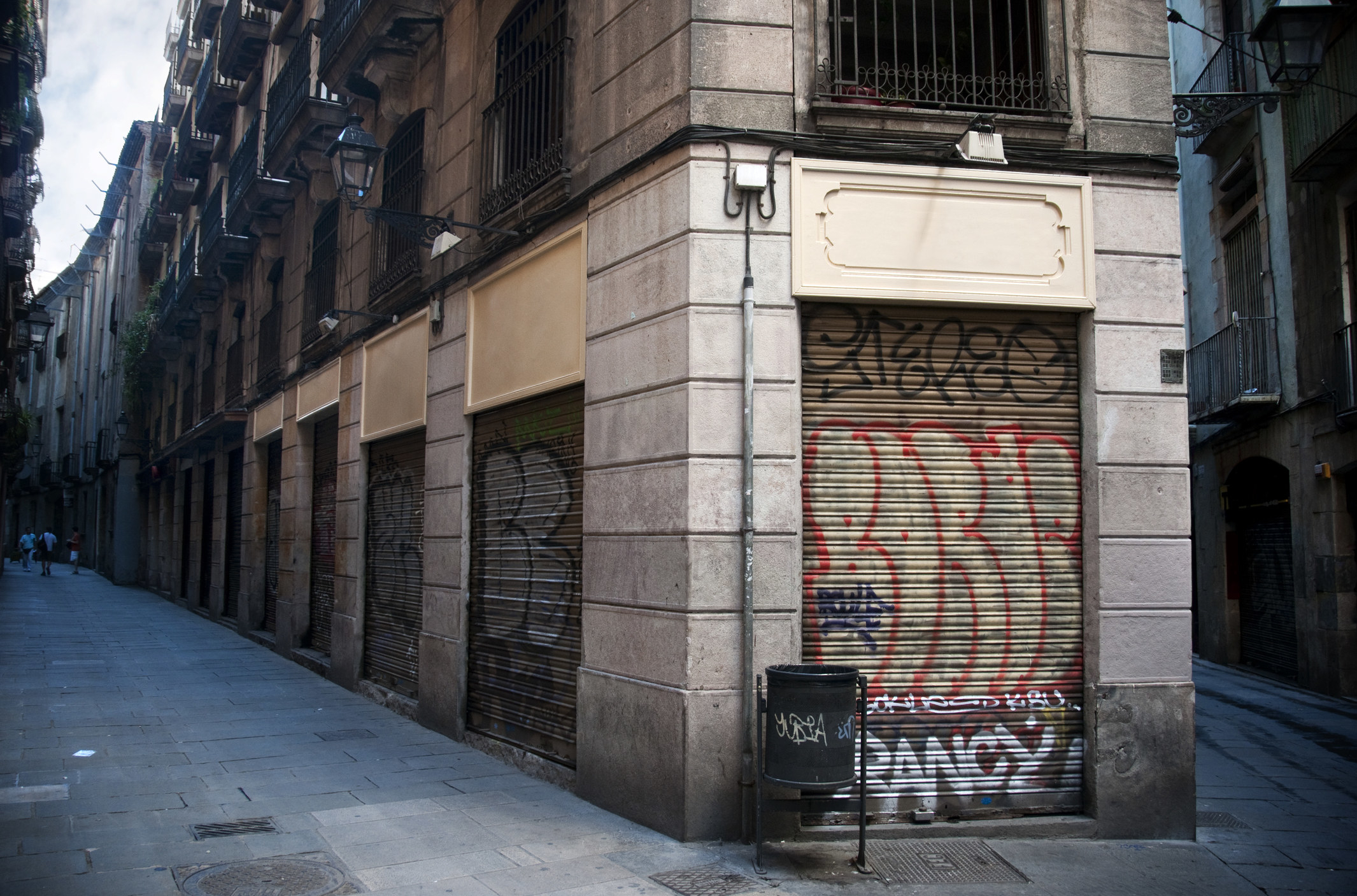If you've ever traveled abroad, you know that every country (and sometimes even specific cities) have their own cultural norms and status quos. So, redditor u/subuubalaa asked, "What should people avoid while traveling to Europe?" Here are some helpful tips to keep in mind on your next trip.
1. "If you see a restaurant where the menu is translated to several languages that aren’t spoken in the country you're visiting, stay away. You can assume that restaurant caters to tourists."
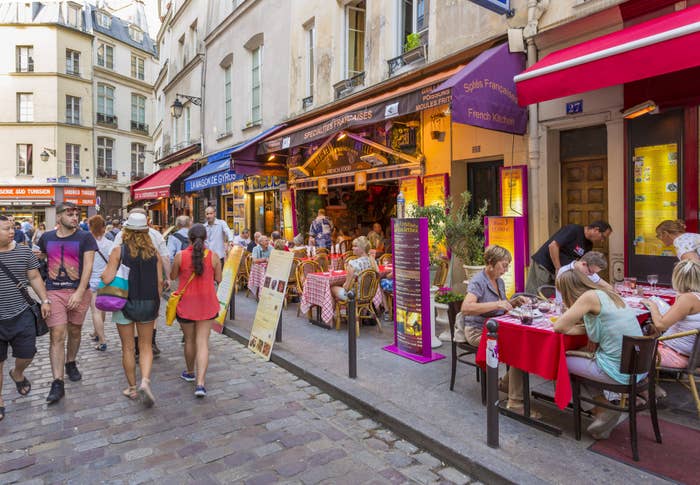
2. "Not minding your belongings. Pickpockets are common in big cities, so I always take a small crossbody bag with me when I'm traveling in Europe. I carry with me only the necessities I need for that day, and it never leaves my body. I usually take a light jacket and put that over my bag as well."
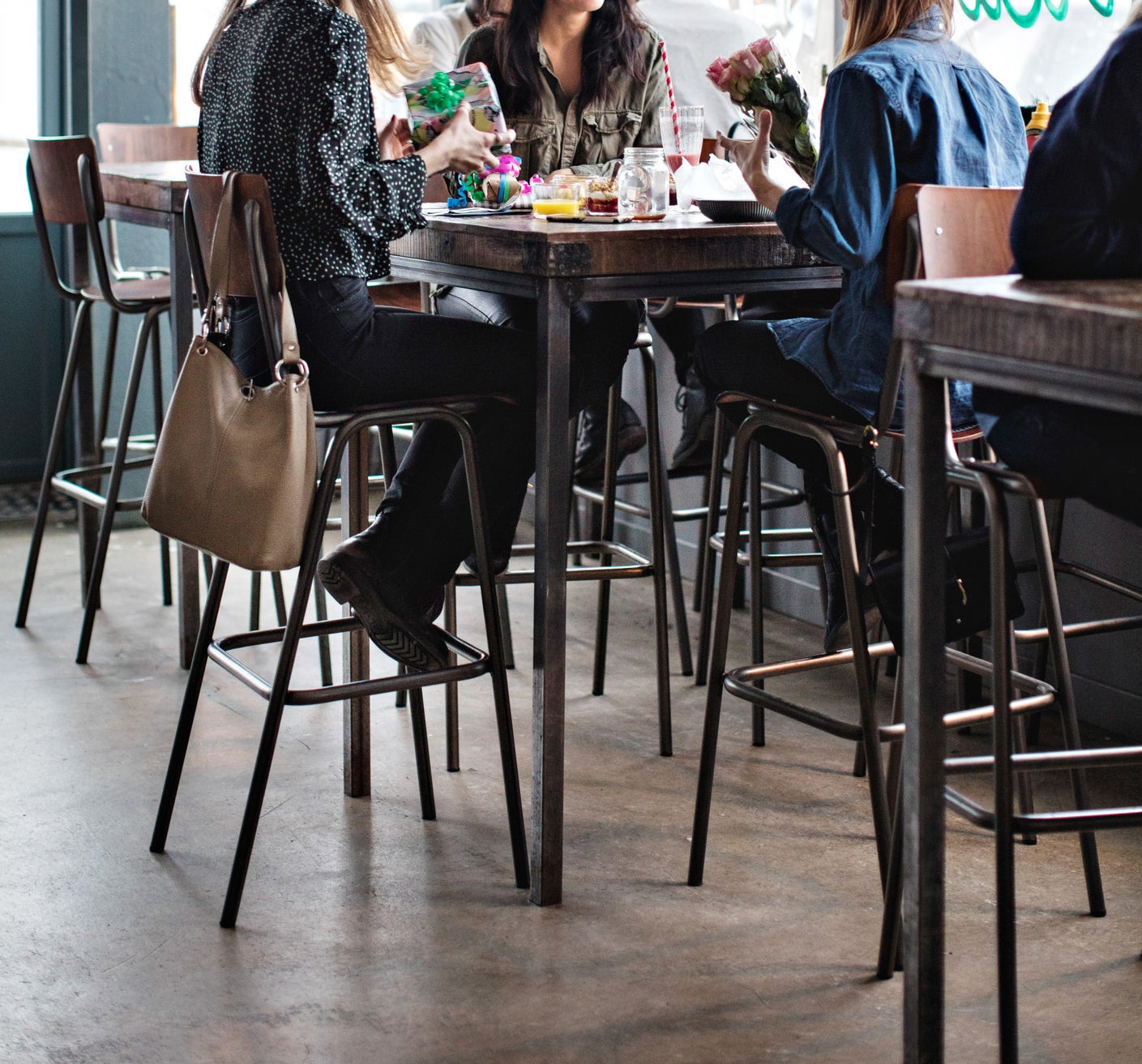
3. "Don't assume that everything will be open during the hours you'd expect in your home county. In my experience, European grocery stores, banks, and post offices have much more restricted hours than they do in the US. In the US, it's rare for a grocery store to close before 9 p.m. (and some even stay open 24 hours a day). In Europe, it's normal for grocery stores to close quite early, and it's also standard for things to close on weekends, though this varies by country."
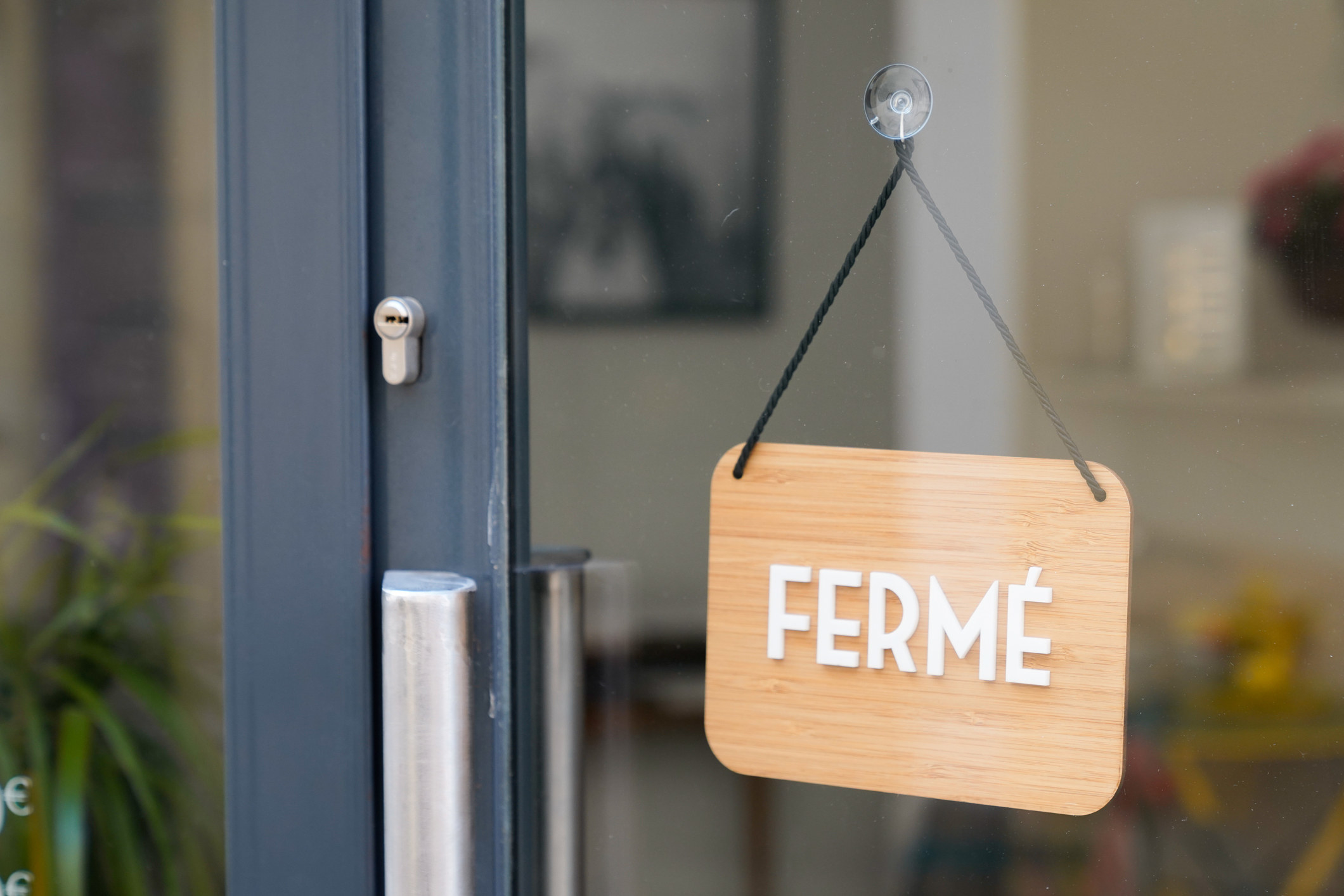
4. "Do not automatically speak Spanish to locals in Portugal. That is not the native language here! If you must, apologize to whoever you're talking to and ask if they can converse in Spanish (or whatever language you know)."
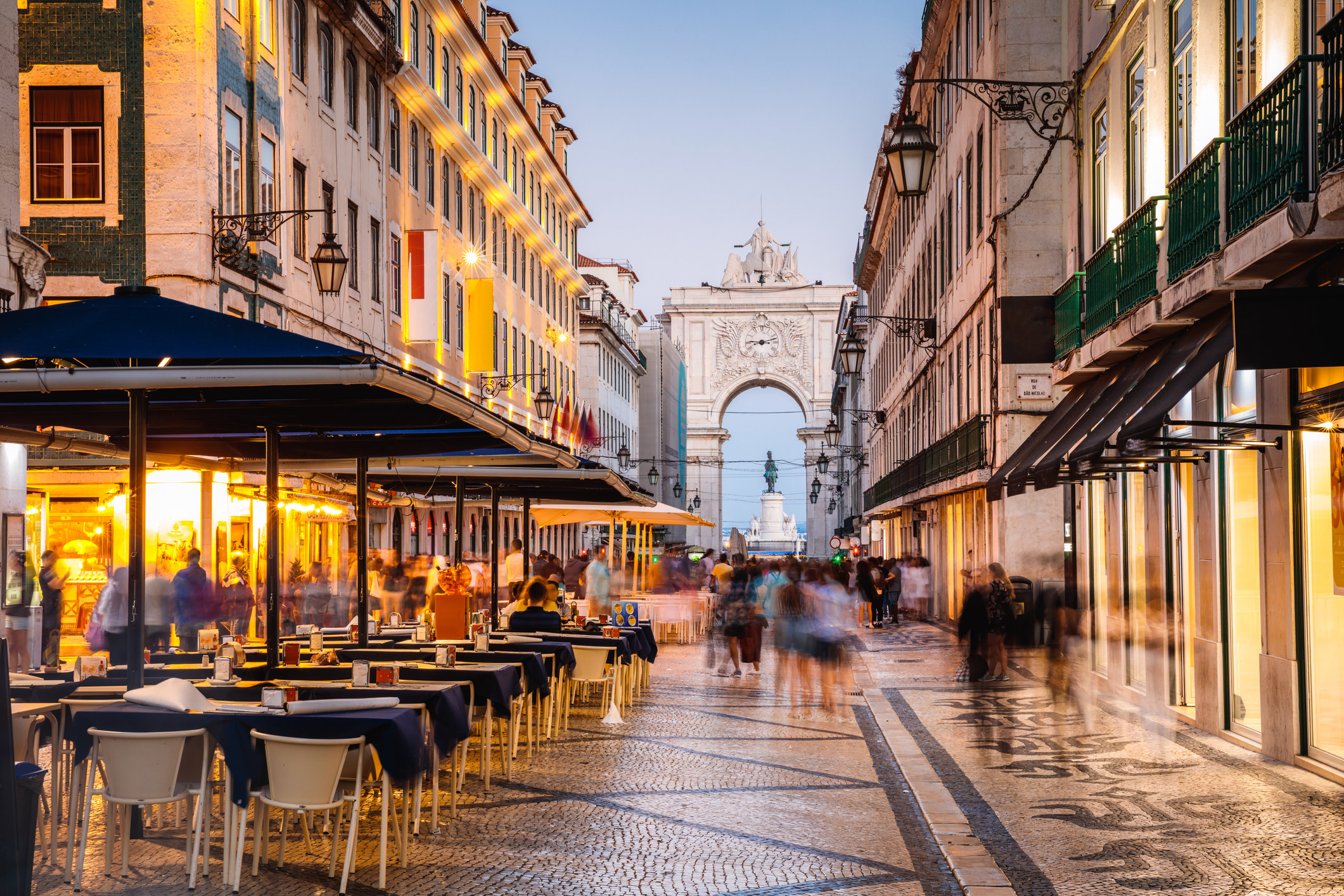
5. "Avoid letting a taxi driver think you don't know where you are or where you are going. Enter a cab with confidence and pretend you have your bearings even if you don't. The bad drivers will drive you in circles just to run up the meter."
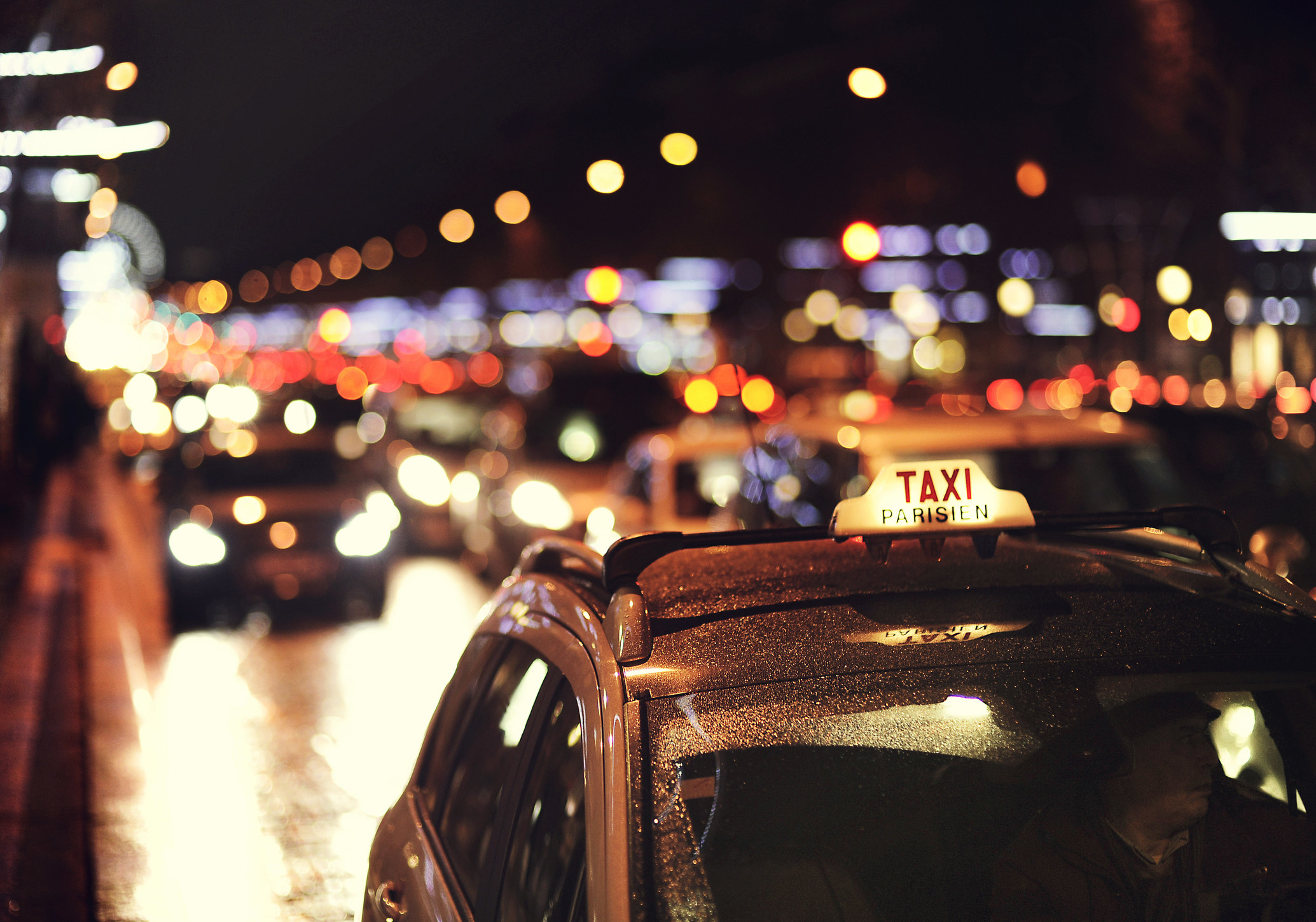
6. "Avoid falling for popular scams. In many European cities such as Paris, France, Barcelona, Florence...any popular tourist destination, tourists often fall prey to common scams. For example, someone in costume will accost you for a photo with them and then demand money for it. Or, someone will shove an object or a flower into your hands and then demand payment for it. Try your best to avoid these situations."
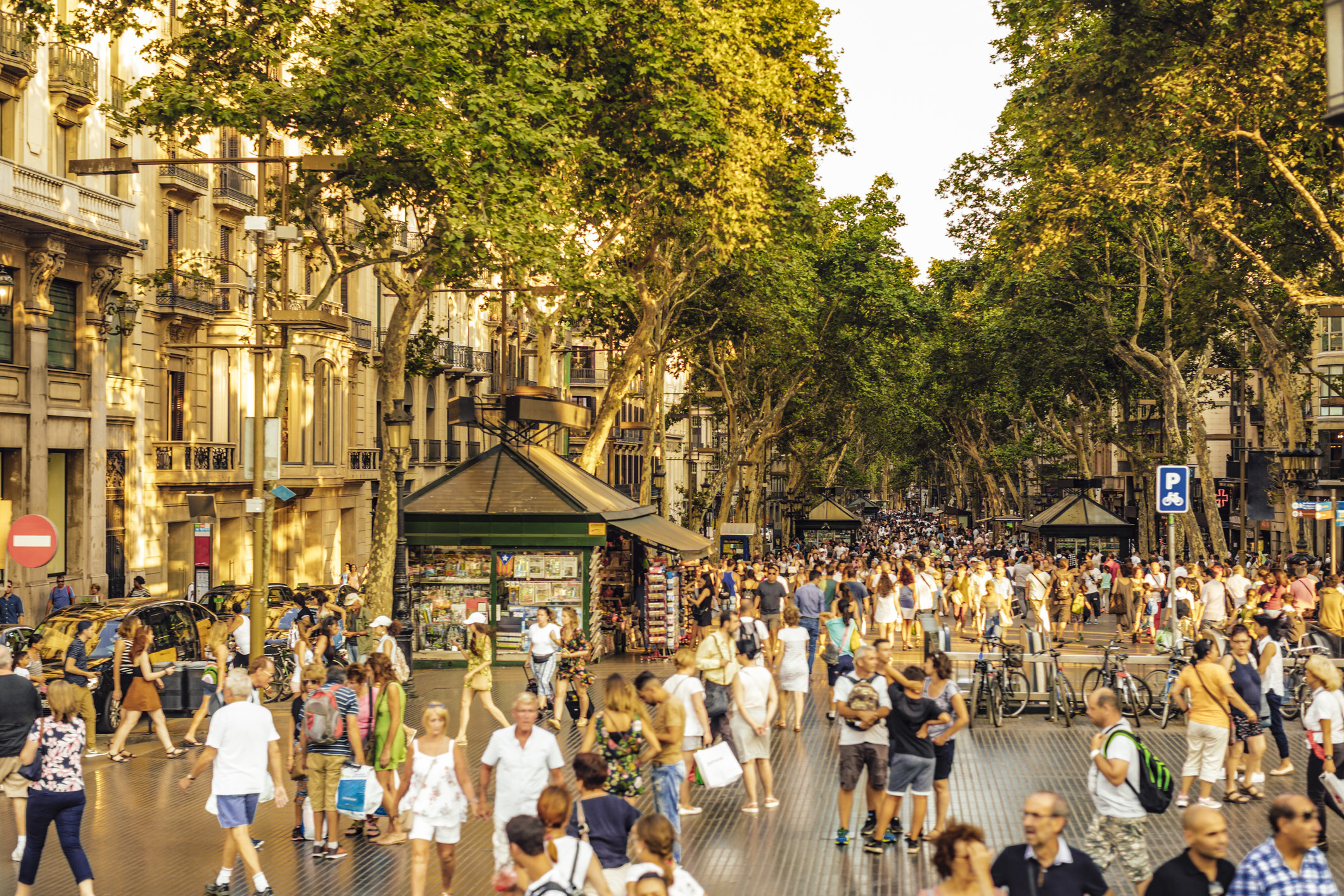
7. "When in London, don’t pay for an overpriced and gimmicky sightseeing bus tour. There are several amazing public bus routes through the most famous parts of the city that cost just £1.55. Google the best routes and go!"
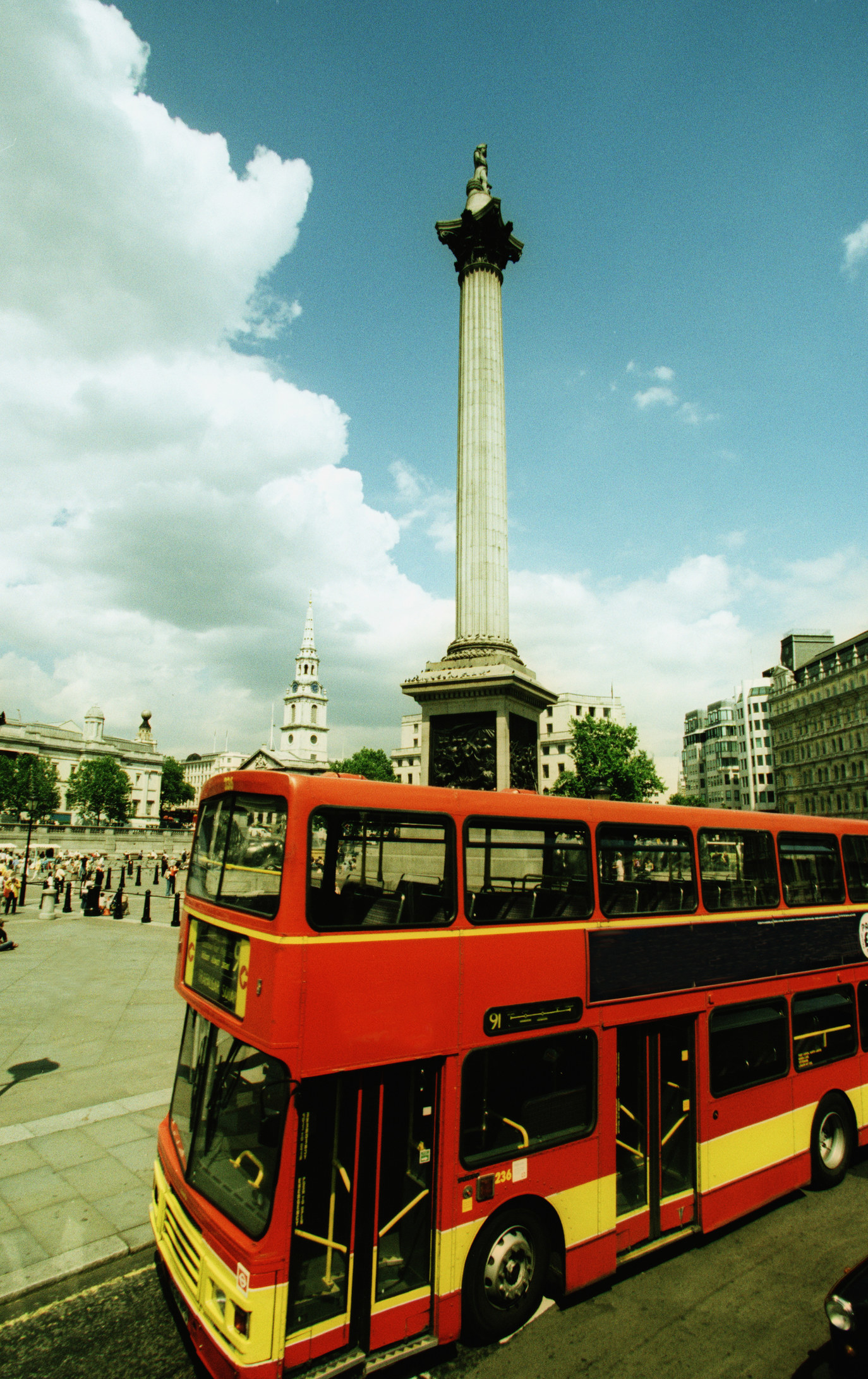
8. "Don't overlook the touristy things. People give tourist sites a bad rap because visiting these places is not necessarily 'living like a local,' but you’re probably going to regret going to Rome and not seeing the Colosseum."
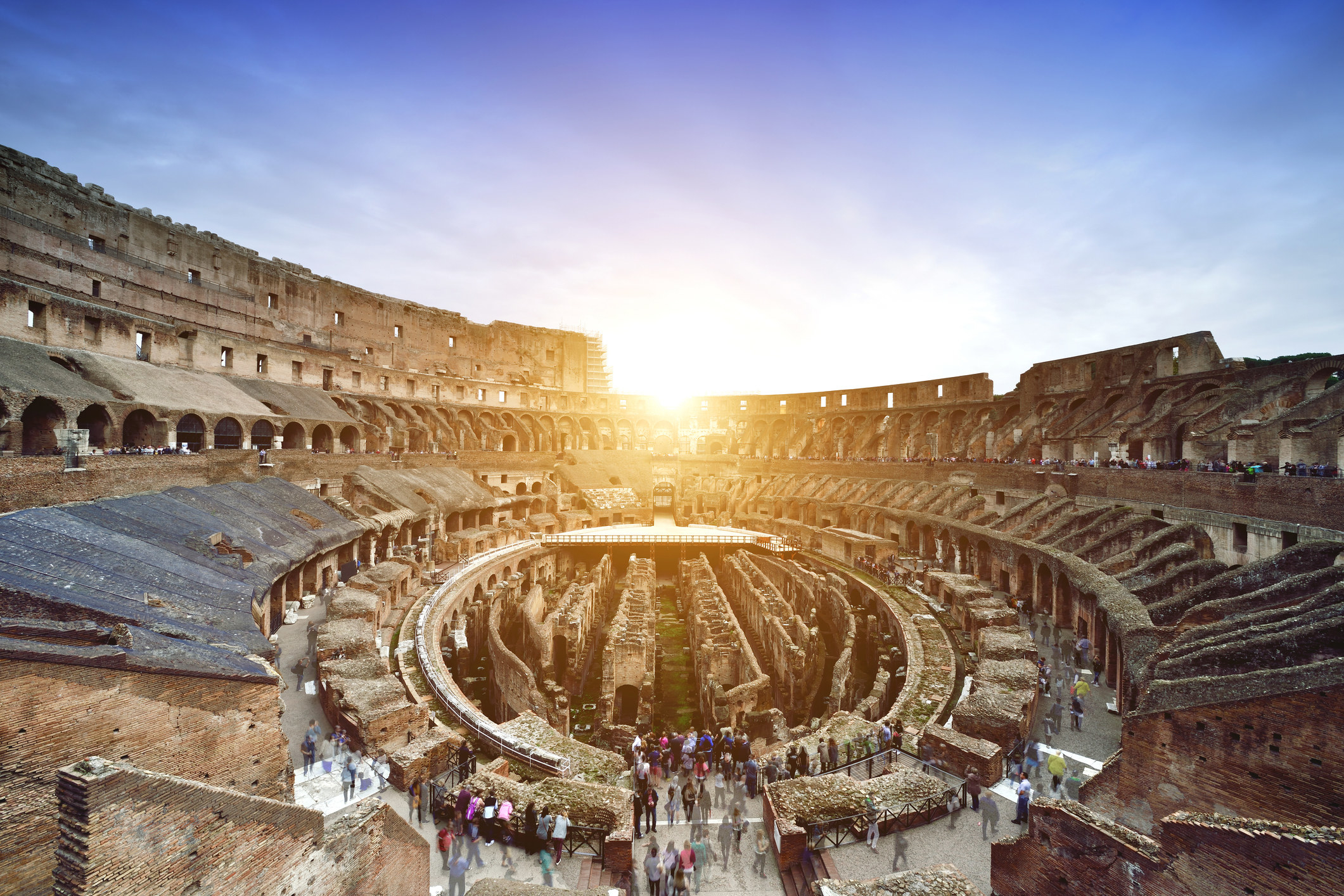
9. "In Greece, don't only visit Santorini and the major beachy islands. There are so many fantastic off-the-beaten-path places. Just for starters, Mani is a beautiful little village. Kea is a tiny island a short boat ride from Athens with great authentic food. Matala is a hippie town with amazing caves you can explore."

10. "Refrain from spending all your time in the city center. For instance, I live in Rome, where many tourists come and spend all their time in the center of the city, neglecting many interesting historical sites and nice parts of the city that are easy to get to, but a bit outside the major touristy area."
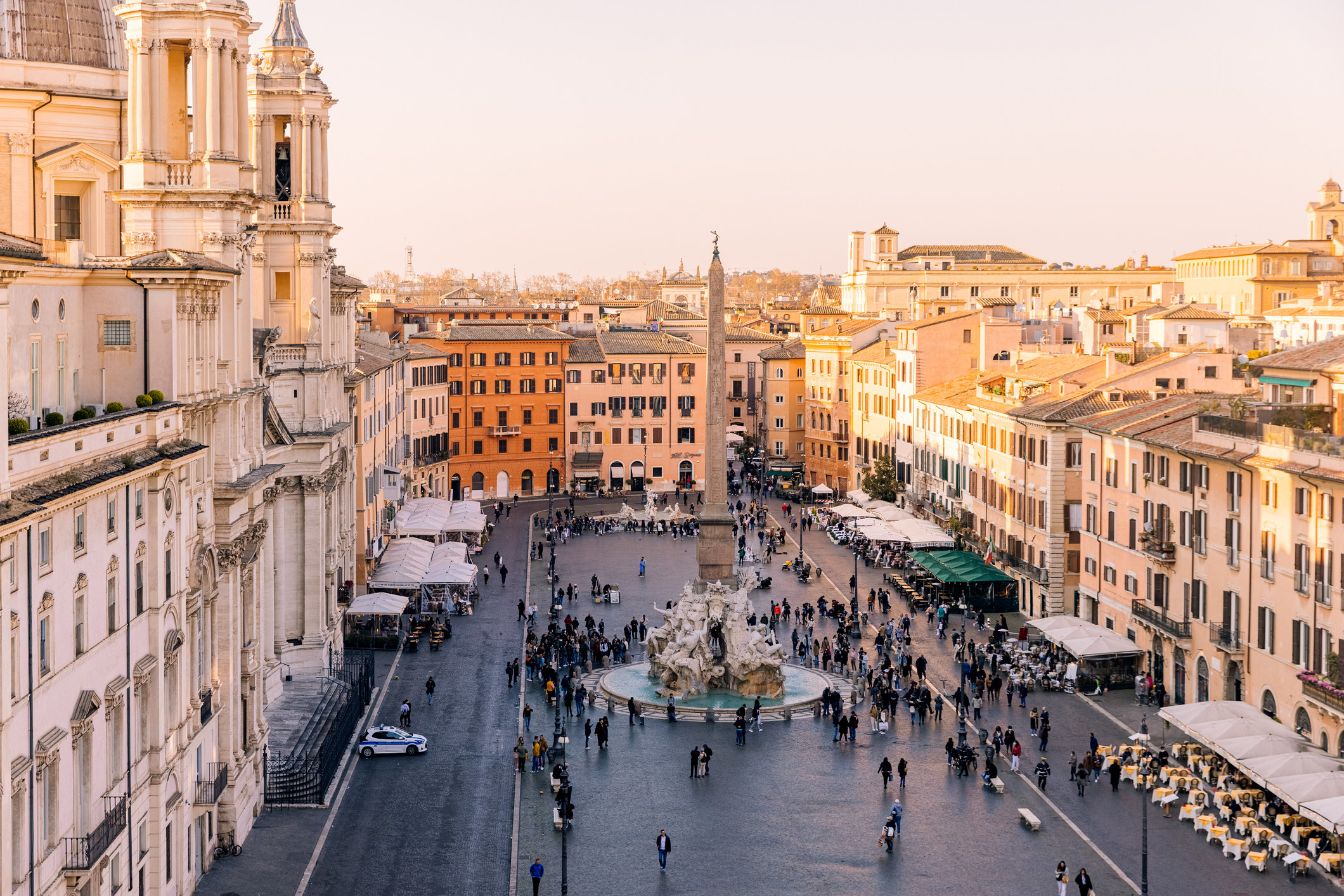
11. "In Paris, get to lunch, dinner, or any meal out before you’re really hungry. Meals here are leisurely, and it can take a while for the food to come. Also, give yourself plenty of time. Waiters are not quick to come with the check."
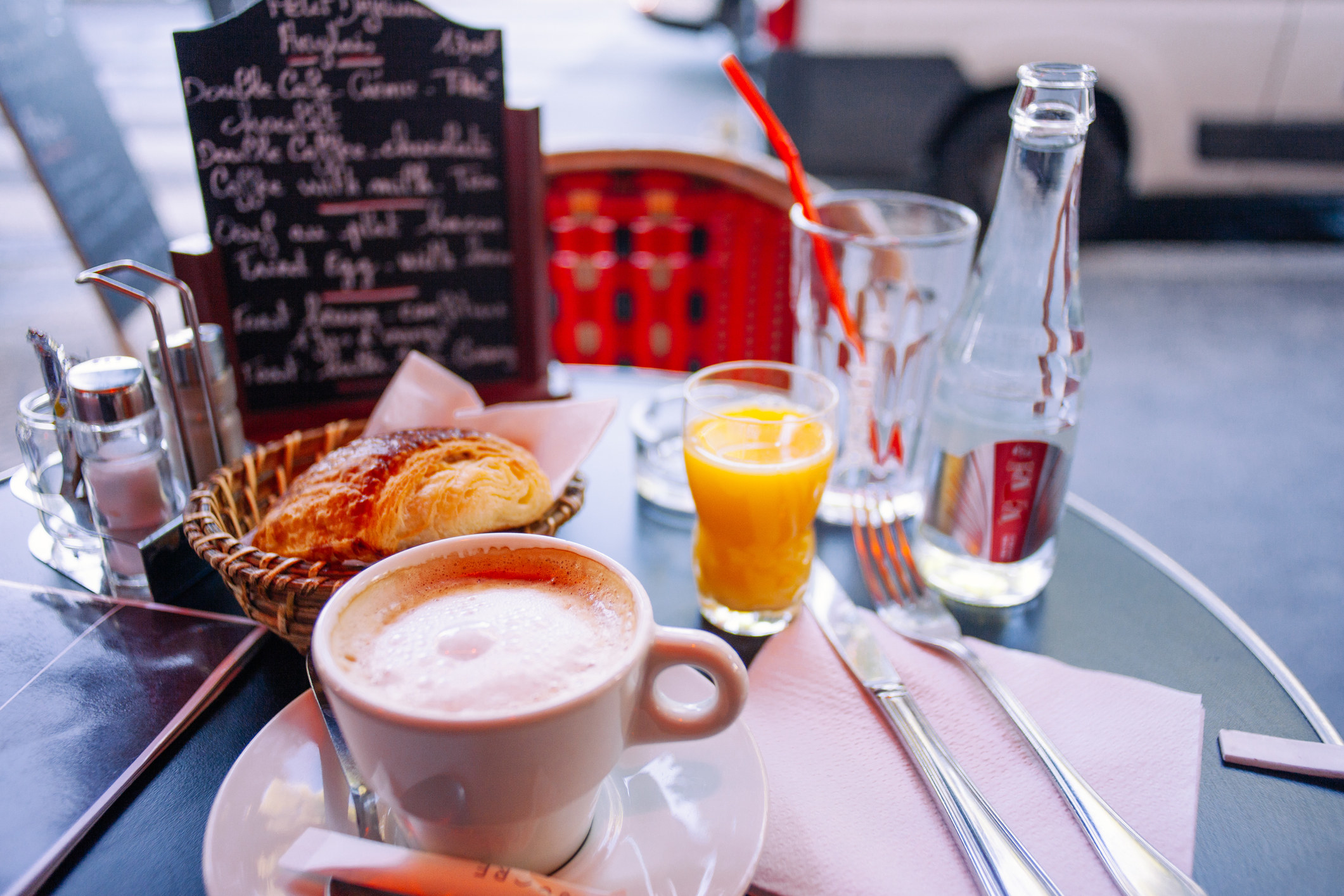
12. "Attaching love locks to our bridges in Paris. I'm Parisian, and I wish tourists would stop doing this. Not only are the locks ugly, but they can also cause serious structural damage because of their weight. In most places, either the authorities or just locals have to regularly cut them off and throw them out."
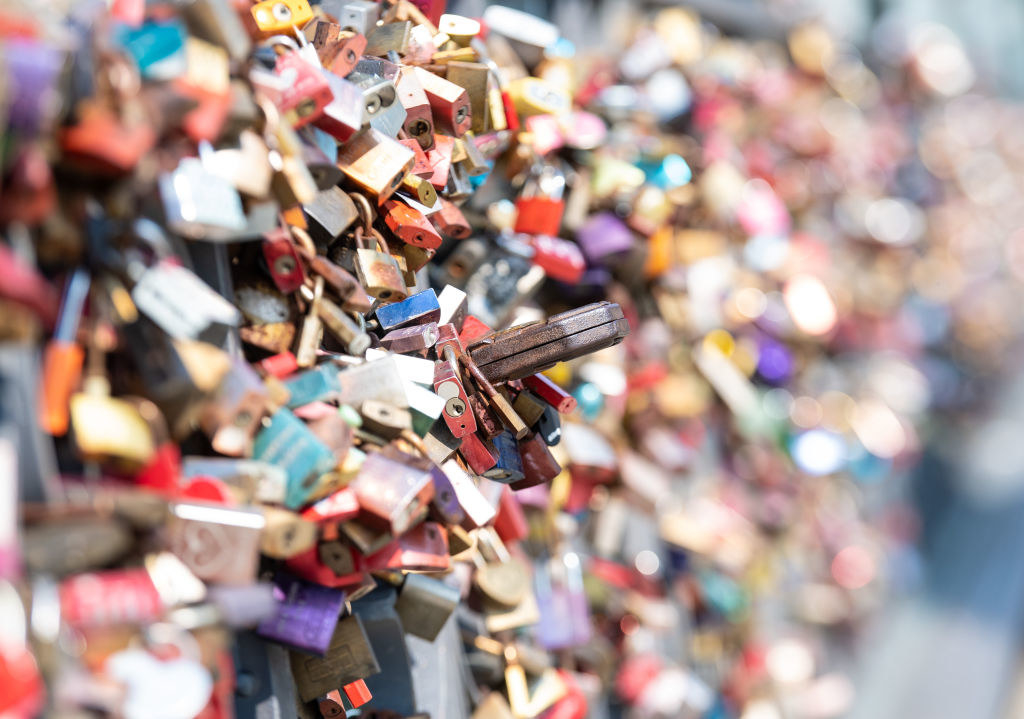
13. "Not being mindful of the bike lanes in Amsterdam. I always see tourists walking around obliviously and blindly stepping into the bike lanes, which is dangerous. We use the bike to get to work, to get groceries, and for all of our day-to-day activities. We're not just aimlessly cycling around for the fun of it, so please watch yourselves."
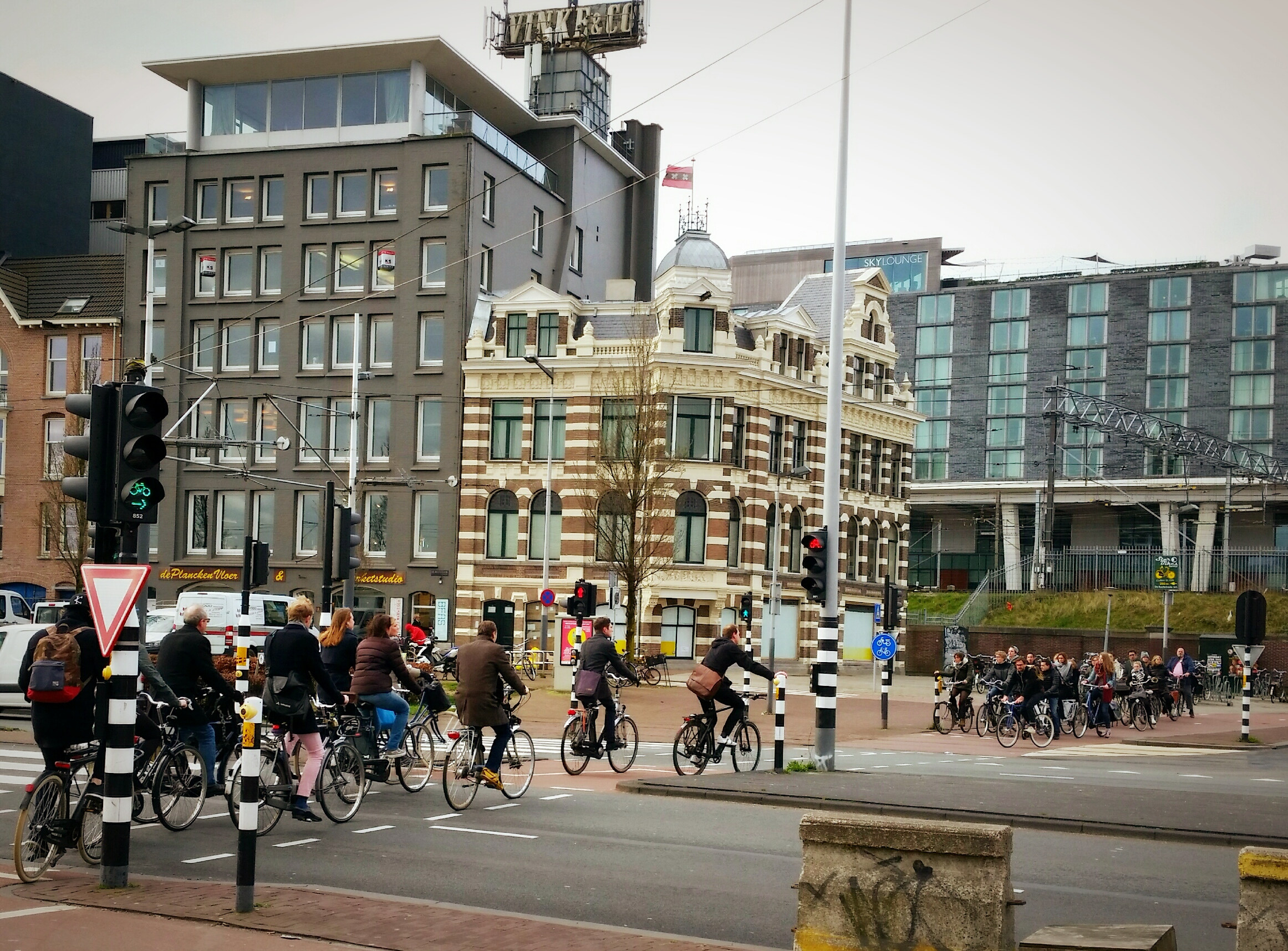
14. "Stay away from restaurants in touristy areas that have signs out front with pictures of the meals and the prices featured prominently. If you see one of these, it's probably a tourist trap."
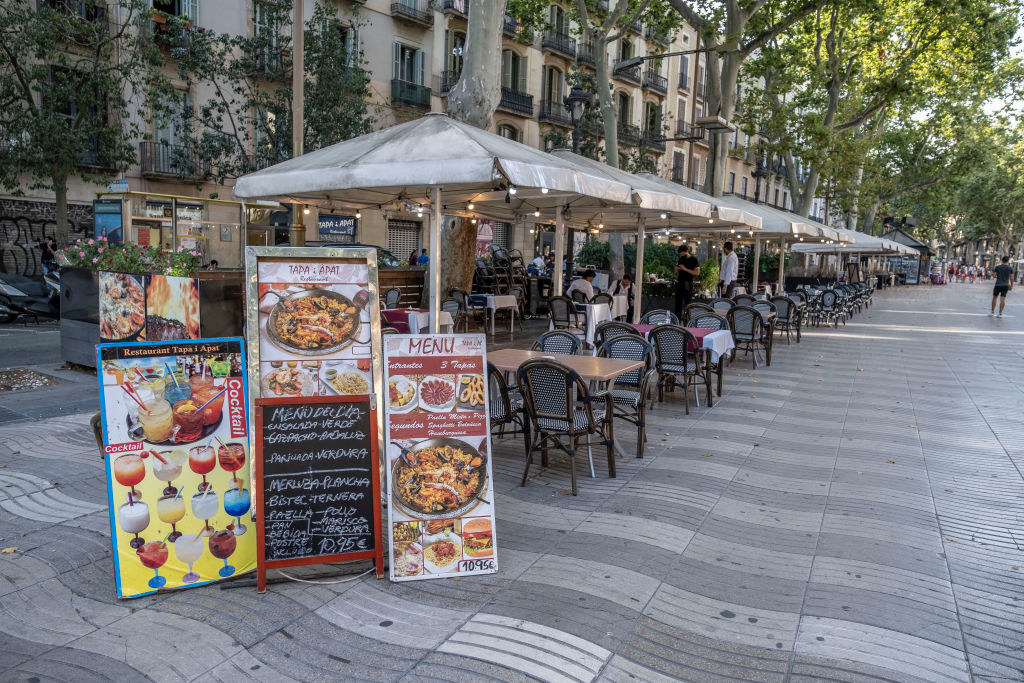
15. "Avoid thinking that Europe is one big country. Every European country is very different from another. Even when two countries might neighbor one another, they are distinct and unique. We all have our own culture, history, and habits."
16. "In Scandinavia, never sit right next to a stranger on public transportation unless the bus is extremely cramped. Otherwise, you'll be regarded as a creep. And don't walk or stand too close to people on the street or at the bus stop if there is room to spread out. People are very serious about their personal space here."
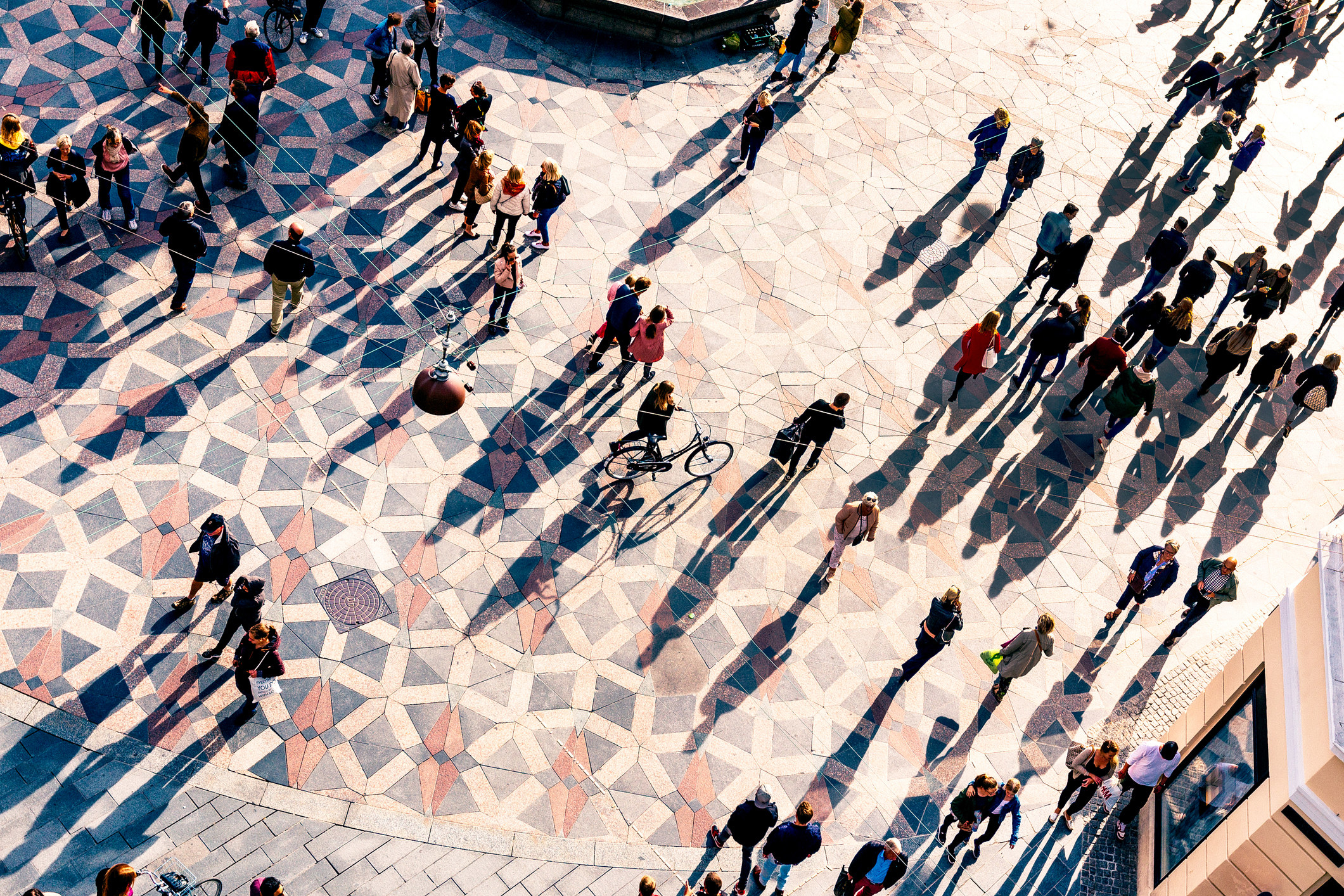
17. "Don't visit only the major cities. For example, if you travel to the Netherlands, buy a train ticket and travel around the countryside. Visit small towns and see the nature. Book a hotel somewhere you like and spend the night. The Netherlands is much more than Amsterdam."
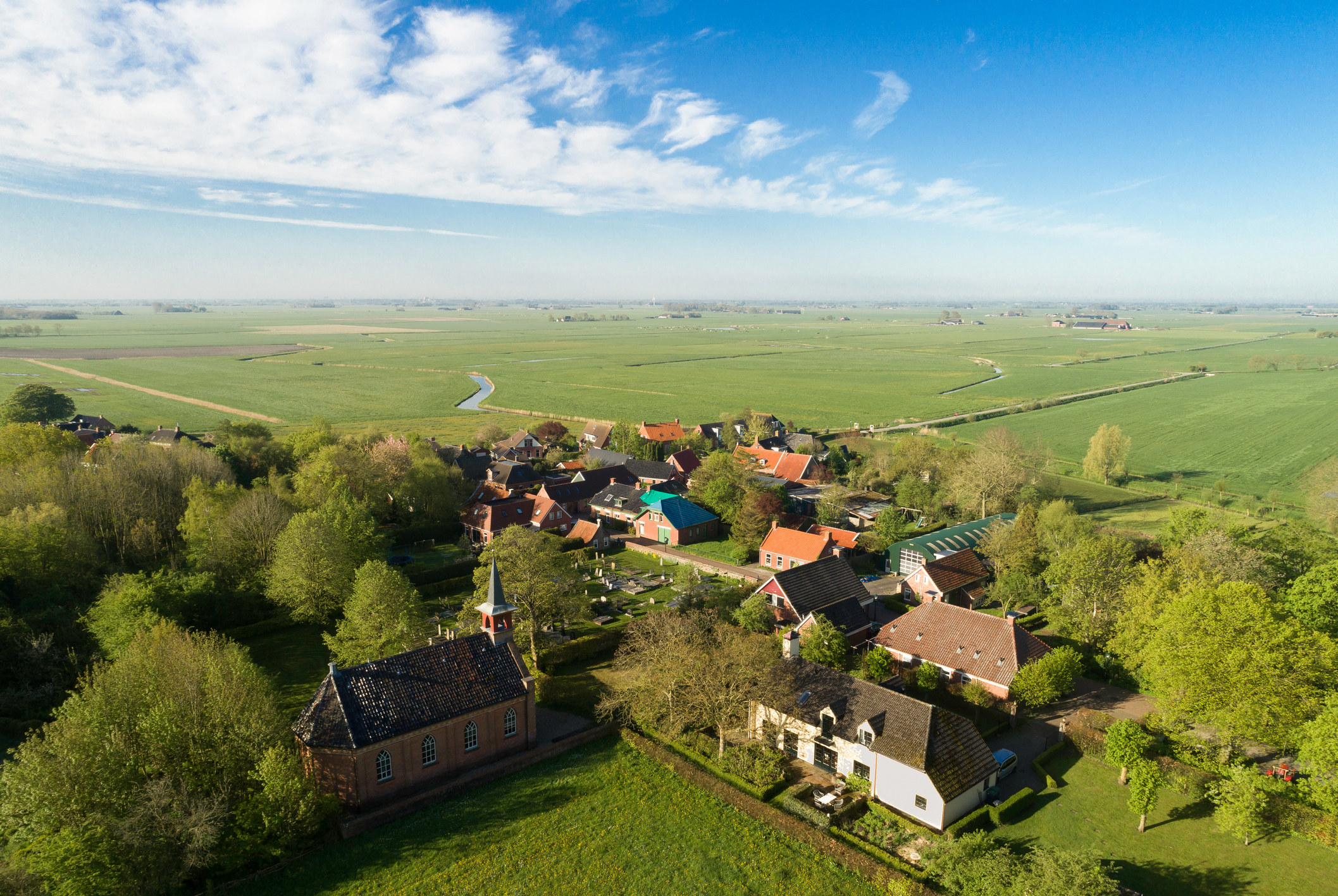
18. "Don't wear shorts. This goes for many European cities, but in Paris, wearing shorts is a sign that you're either a kid, a skateboarder, or you're at the beach (and there are no beaches in Paris). We wear pants all year round."
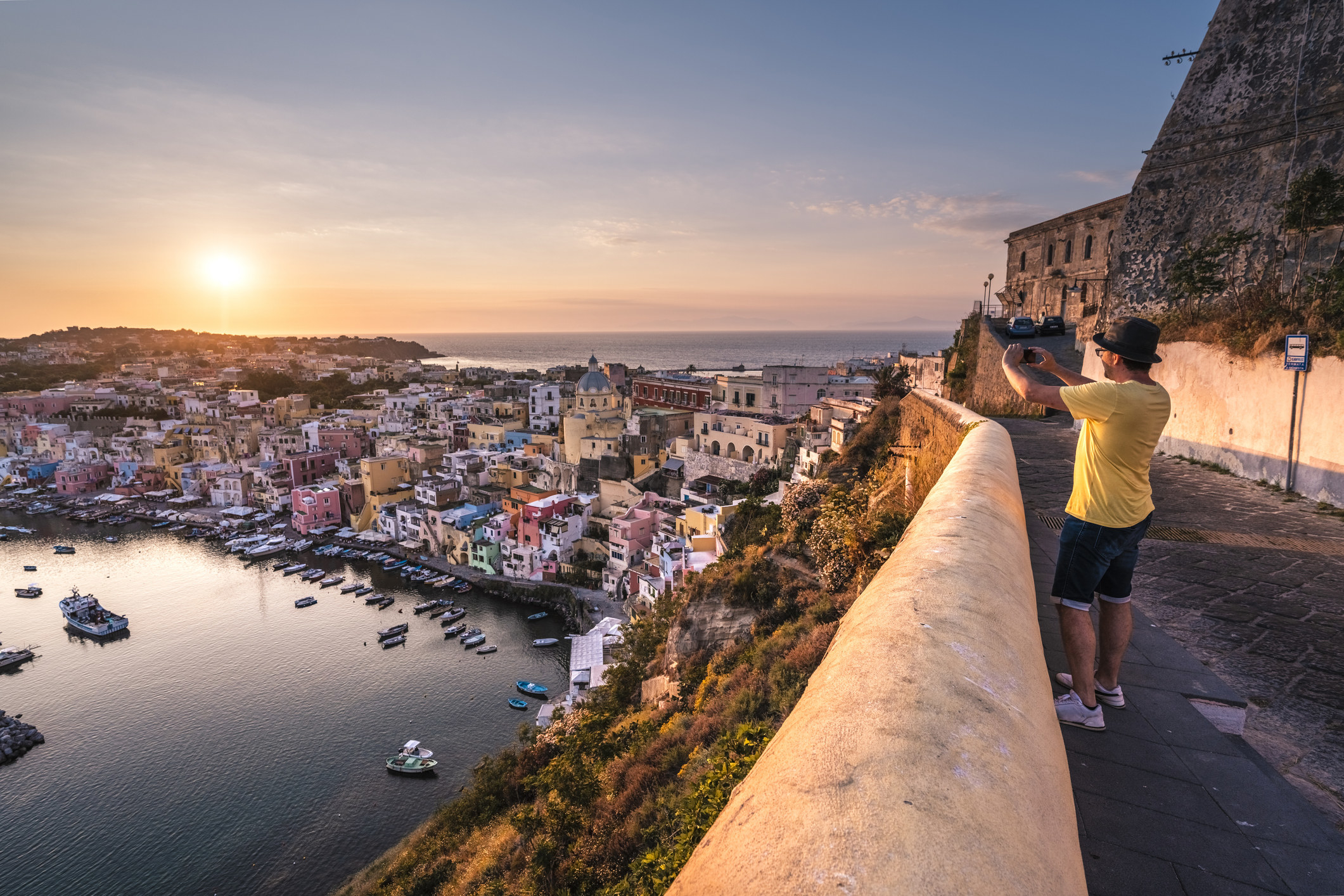
19. "Don't rent a car if you're going to visit a major European city. It's not worth it. It's much better (cost effective and convenient) to use public transport and order the occasional Uber when you need to."
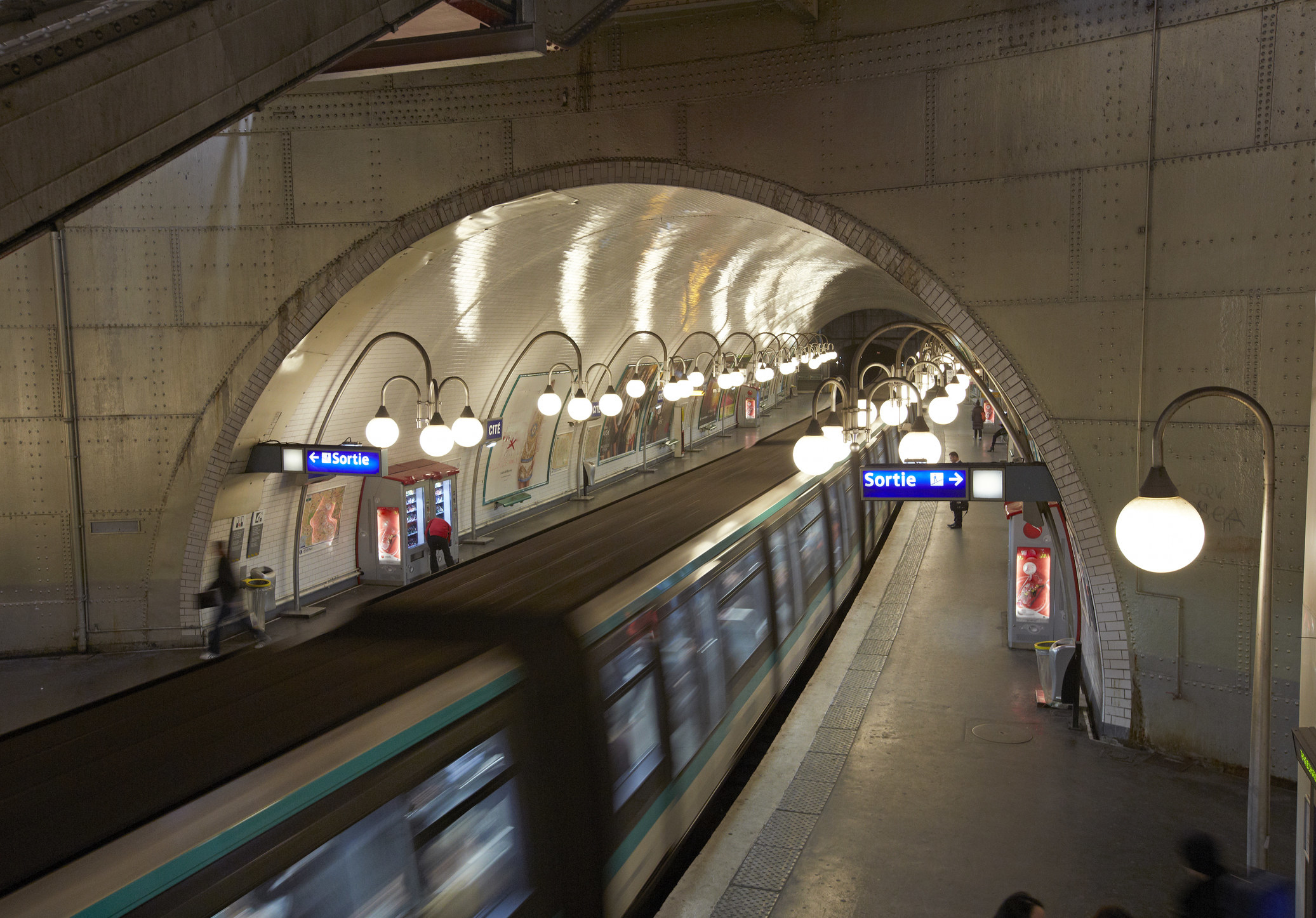
20. "Don't come to Europe with a bunch of cash and use an exchange service to get Euros or the local currency. Just use your debit or credit card everywhere. If you need some cash, take it out of the ATM. Exchange rates will be much better."
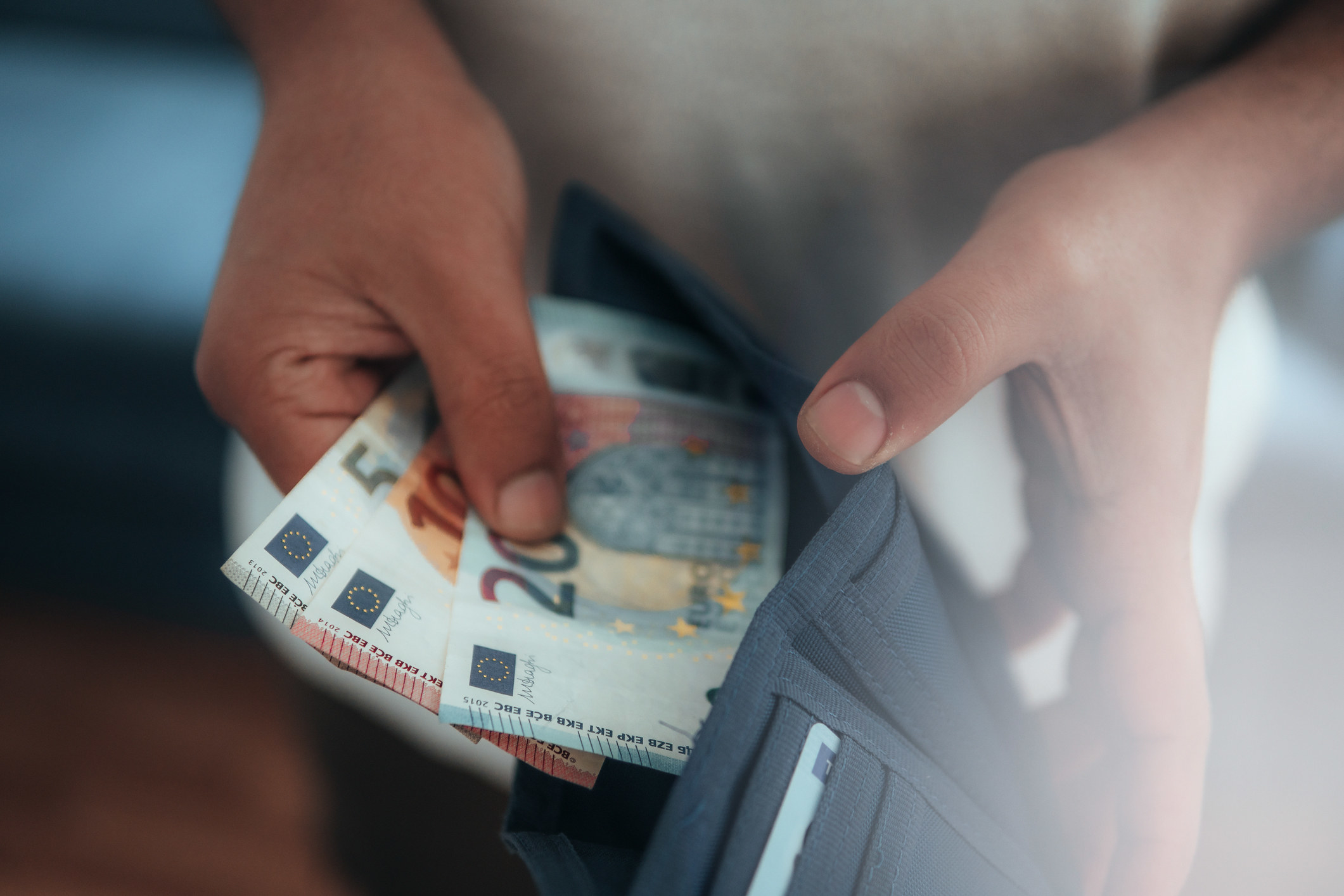
21. "Ignoring the local norms when it comes to dining out. Do a little research before you travel to see when the normal mealtimes are. For example, in Barcelona, if you sit for dinner at 7 p.m., you'll be the only one in the restaurant. And if you try to have lunch at noon, you might even find most restaurants haven't even opened for service. See when the locals eat and plan your meals out accordingly."
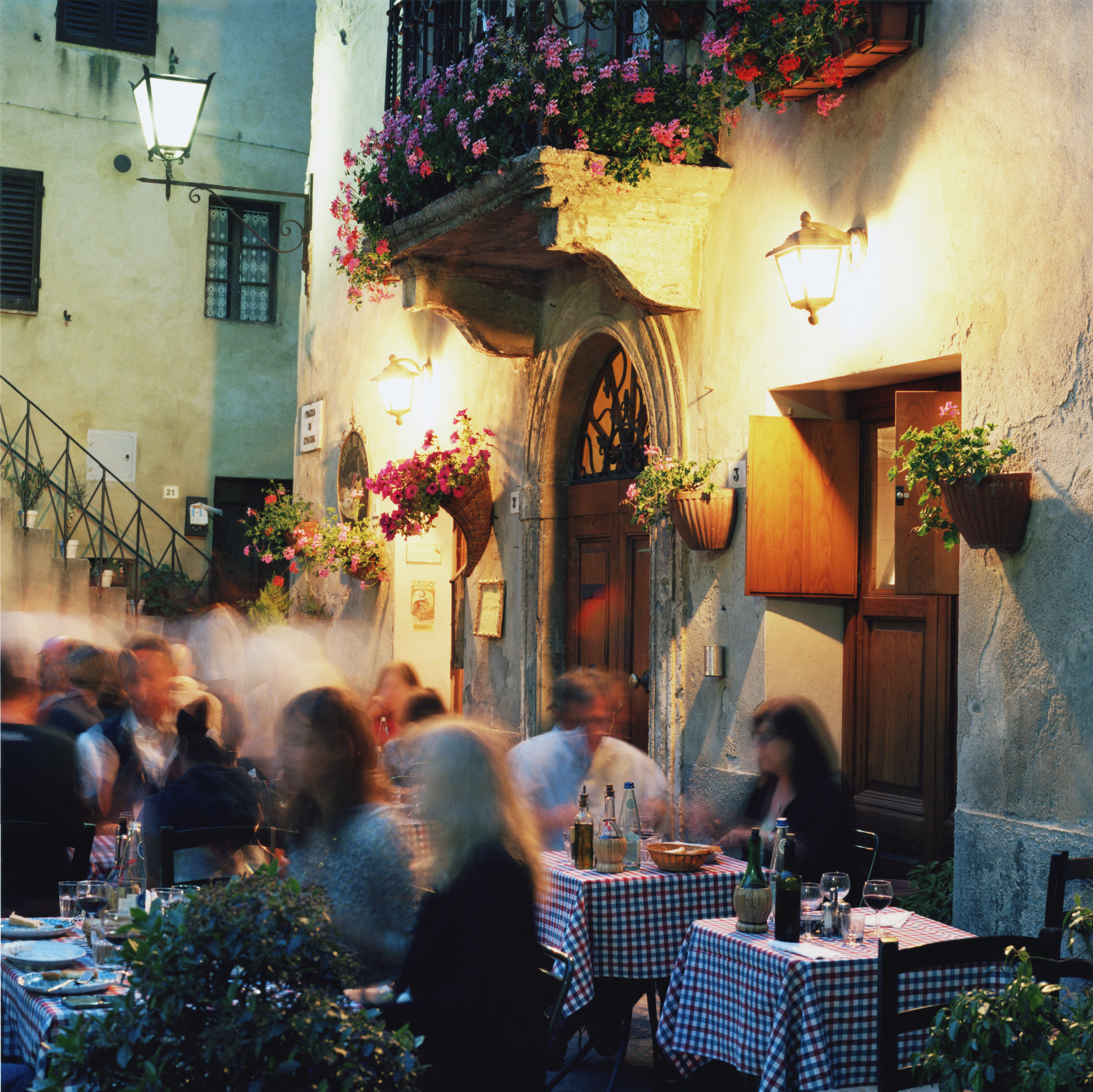
22. "Avoid tipping the same amount you would in the US. This varies by country, but in Germany, for example, our waiters usually earn above minimum wage. As a result, you never tip more than 15%. A 10% tip or just rounding up is normal for an average check."
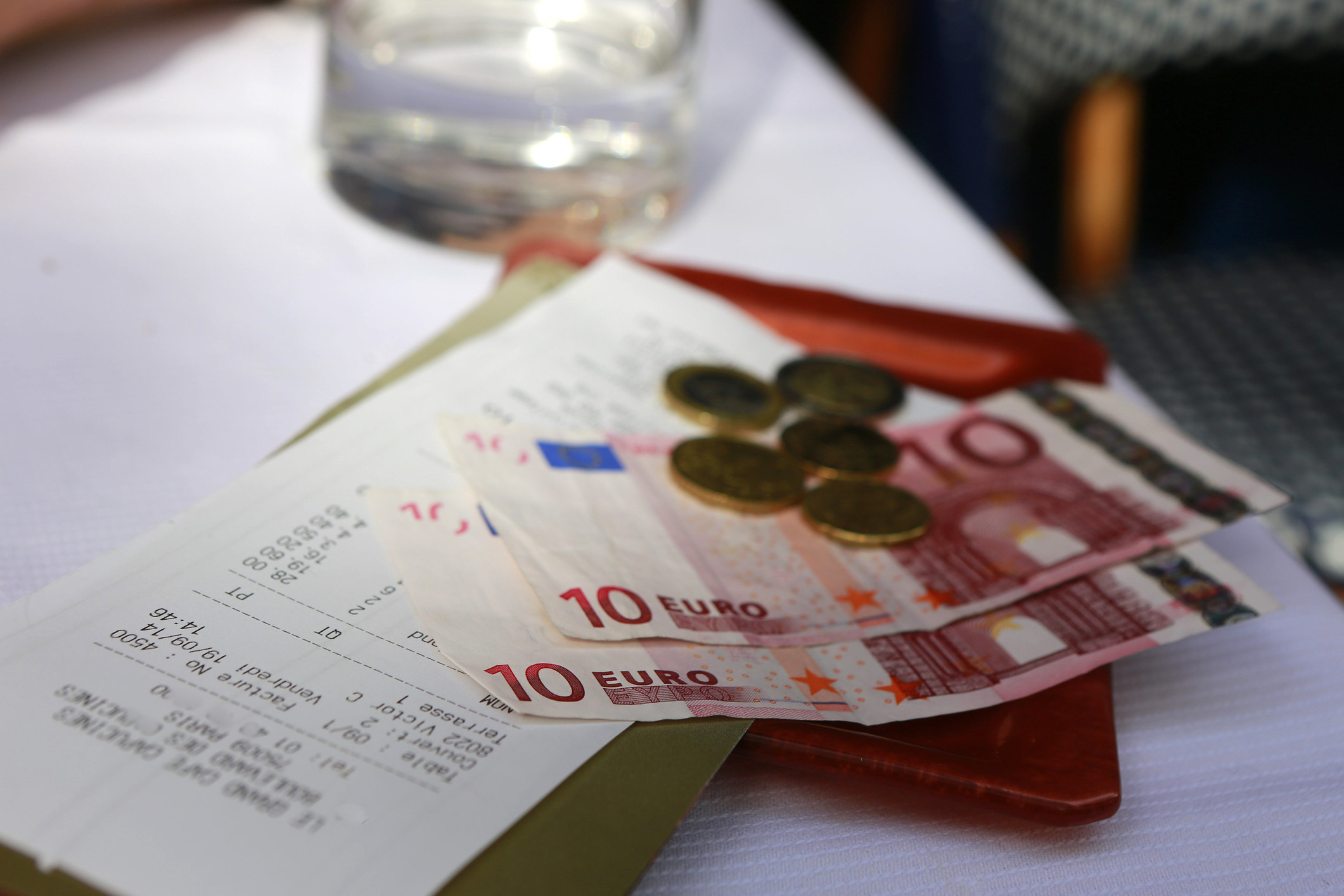
23. "Avoid trying to visit too many cities or countries during the same trip to Europe. Lots of tourists from the US seem to want to see too many places over the course of a single trip. They end up staying in each spot for only a short visit and end up not really experiencing anywhere properly."
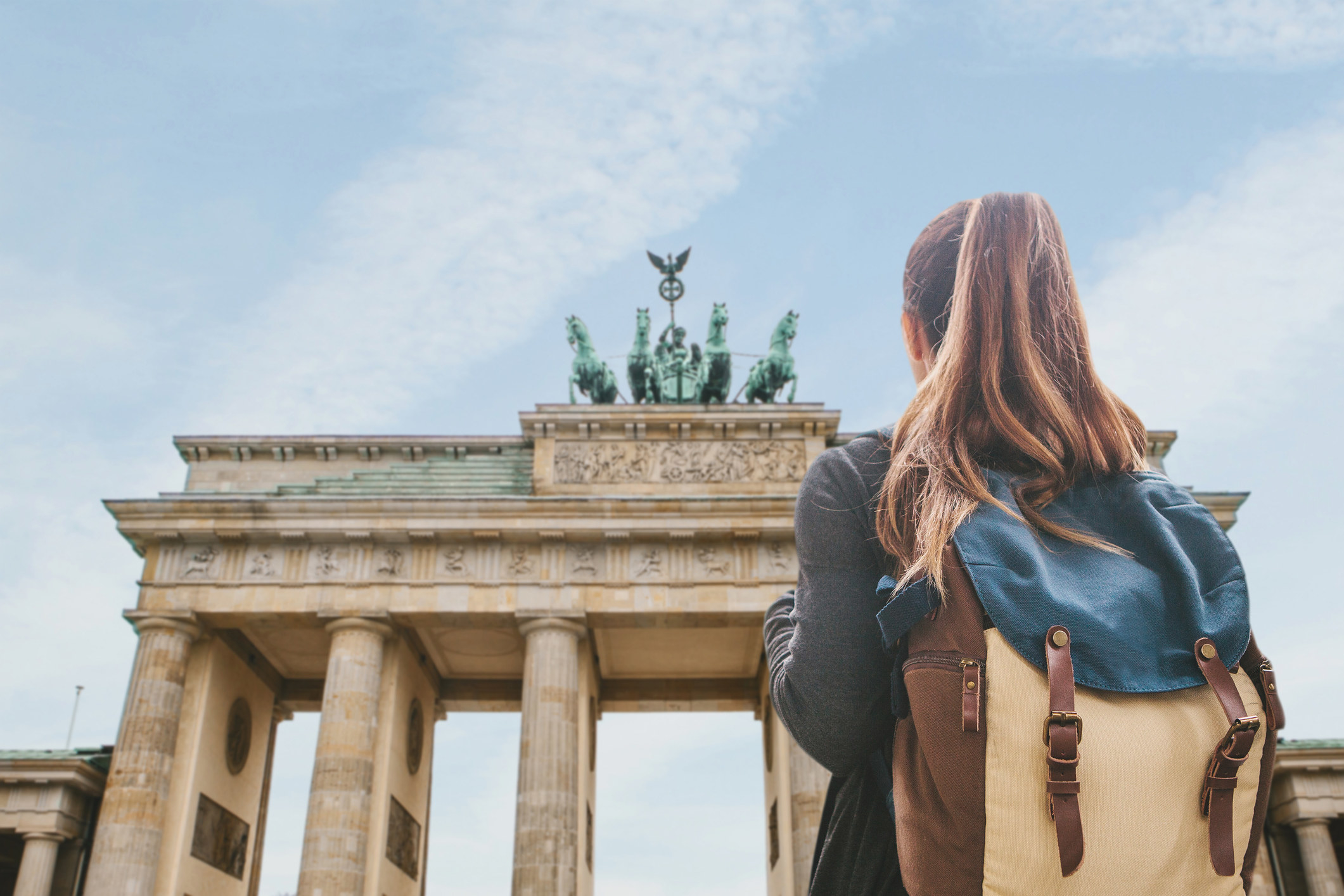
24. "Don't be alarmed by the place setting fee when you sit at a restaurant. In many European cities, you'll be charged a small fee (something like €3 per person) just for sitting down to eat. Don't be surprised when you see this on the final bill."
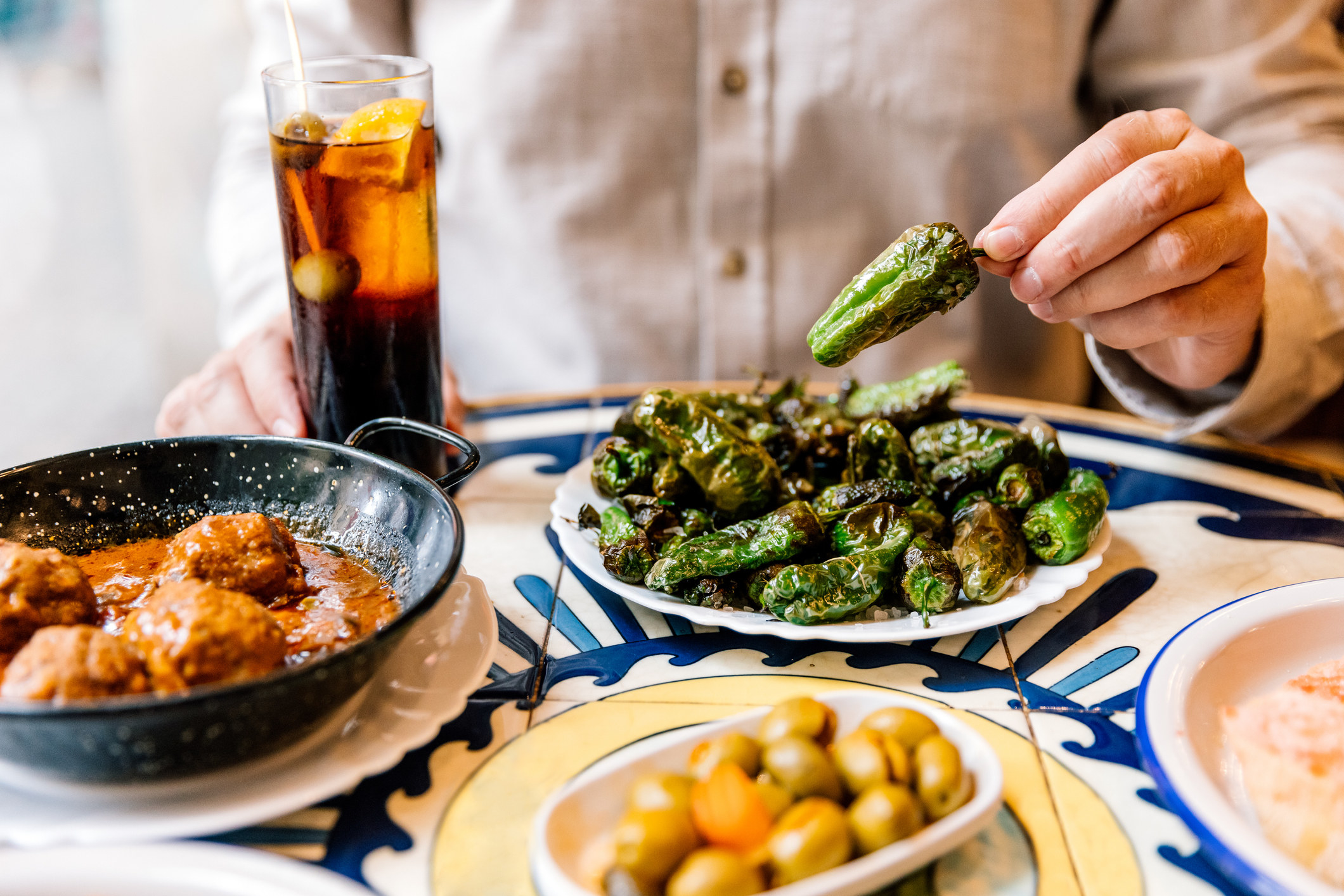
25. "Don't travel to a new place assuming everything will be the same as it is at home. Remember that things will be different, and embrace those differences. A restaurant in Europe likely won’t have ranch dressing and might bring you olive oil and vinegar with your salad instead. Or, if you order a coffee, it might be an espresso or other tiny beverage. Don’t get angry about these cultural differences. Embrace the newness of it and adapt."

26. "Don't make small talk with strangers, especially in northern European countries. It's not part of our culture, and it freaks us out big time. We're not trying to be rude, we're just minding our business — so be respectful."
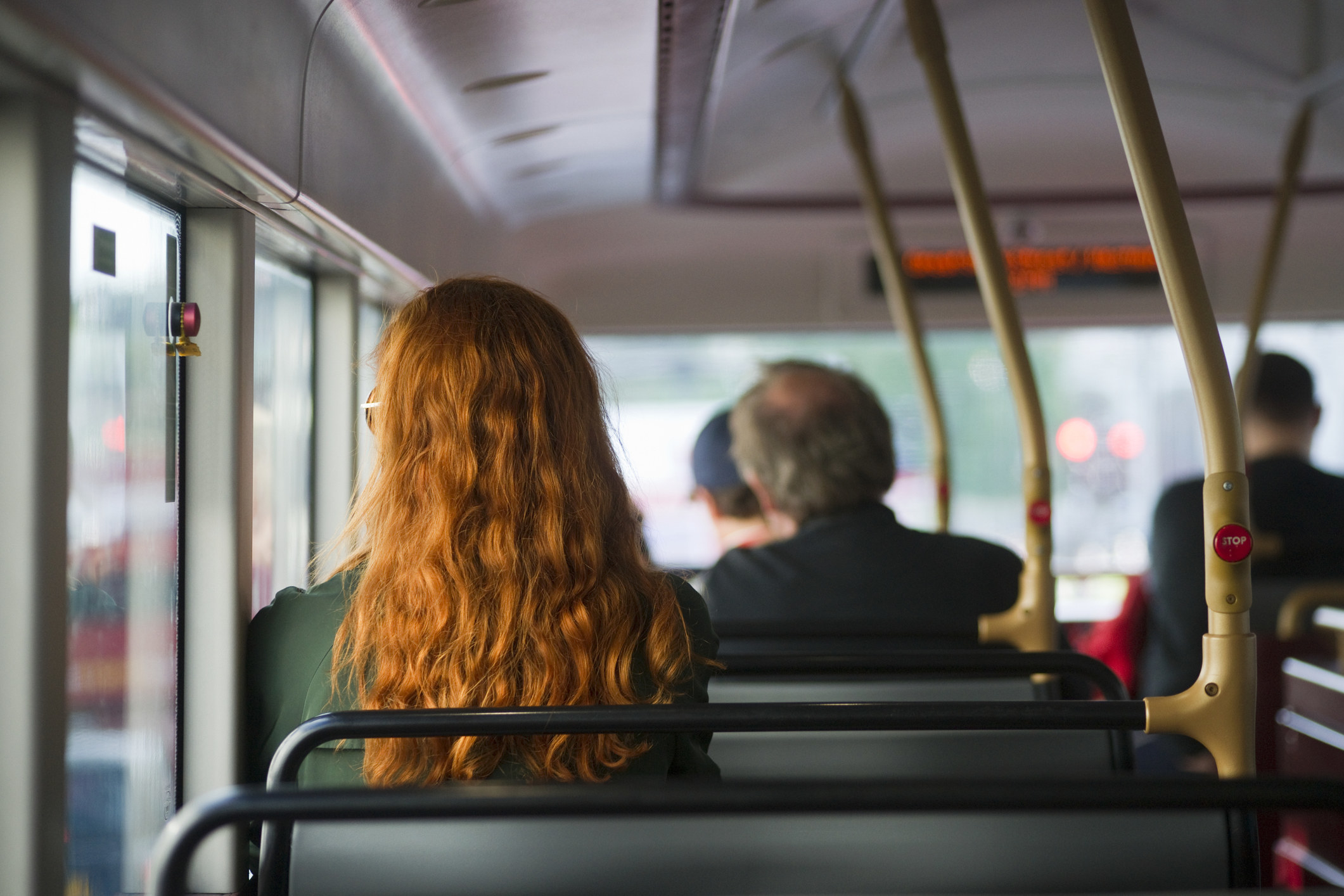
27. "Men especially, avoid carrying your wallet in your back pocket. Pickpocketing is rampant in many European cities, and this makes you an easy target."
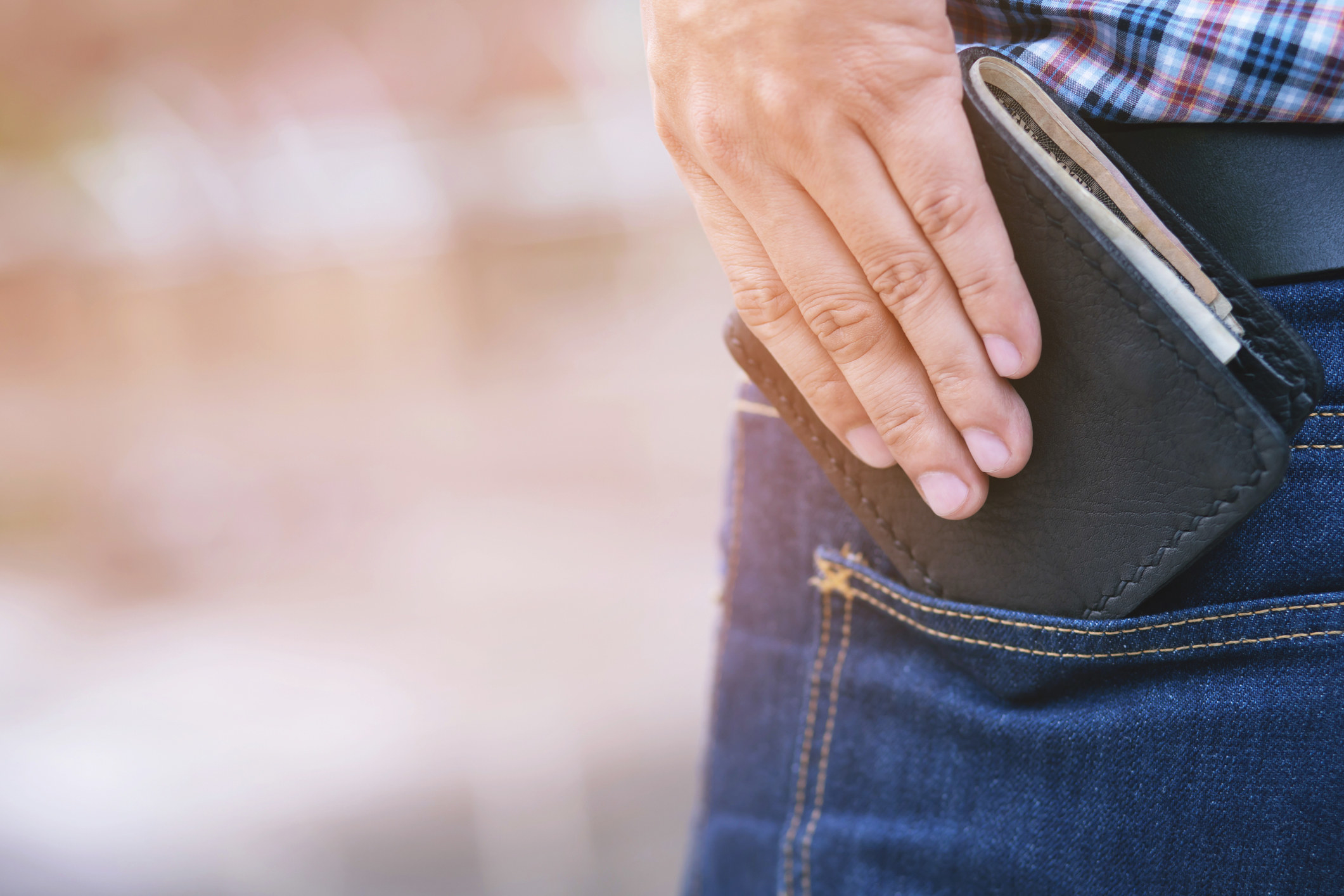
28. "Don't assume everything will be open on Sundays. In many European cities (especially primarily Catholic cities), Sunday really is a day of rest. Pretty much everything shuts down, from restaurants and clothing stores to markets."
